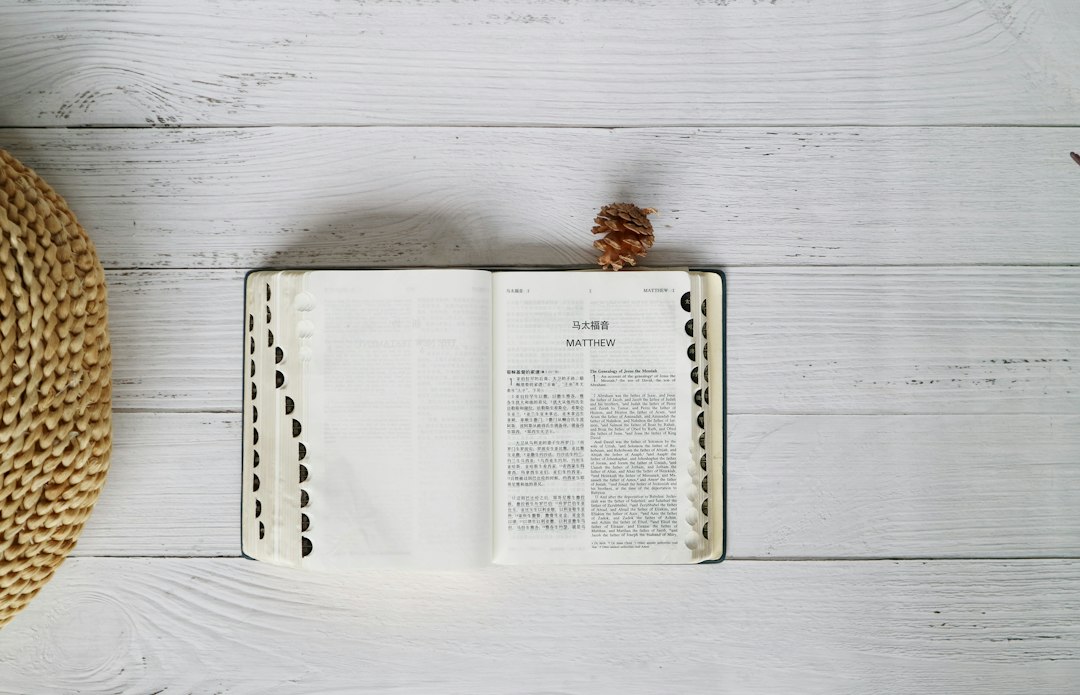The Power of Gratitude in Religious Practice
Gratitude plays a central role in various religions across the world. Whether it is Christianity, Islam, Buddhism, or Hinduism, expressing gratitude towards God or a higher power is an essential aspect of religious practice. The power of gratitude extends beyond religious rituals and has a profound impact on individuals and communities. In this blog post, we will delve into the significance of gratitude in religious practice and explore how it can transform our lives.
Gratitude is defined as the quality of being thankful, appreciative, and acknowledging the goodness in one’s life. In religious contexts, gratitude is often directed towards a deity or spiritual entity responsible for the existence and blessings in the individual’s life. It is an expression of recognition for the gifts received and an attitude of humility and appreciation towards the divine.
One of the primary reasons gratitude holds such importance in religious practice is its ability to deepen our connection with the divine. When we express gratitude, we acknowledge that our lives are not solely dependent on our efforts, but also on a higher power guiding us. This acknowledgement fosters a sense of humility, recognizing that we are not in complete control of our lives. This recognition can lead to a profound sense of peace and acceptance.
Gratitude also allows individuals to cultivate a mindset of abundance rather than scarcity. Instead of focusing on what one lacks, gratitude encourages us to focus on the blessings we have received. This shift in perspective has a transformative effect on our overall well-being. Research has shown that individuals who practice gratitude regularly experience higher levels of happiness and satisfaction in life. This positive mindset enhances our ability to deal with adversity and face life’s challenges with resilience.
Religious traditions often incorporate rituals and prayers specifically designed to cultivate gratitude. For instance, in Christianity, giving thanks before meals is a common practice. This simple act of expressing gratitude for the food we are about to consume serves as a reminder of the blessings we have in our lives. Similarly, Muslims engage in daily prayers expressing gratitude to Allah for His guidance and provision. These rituals provide individuals with regular opportunities to pause and reflect on the abundance in their lives.
Furthermore, gratitude in religious practice extends beyond personal benefits and has the power to strengthen communities. When individuals come together in religious settings, whether it is a church, mosque, or temple, they share a collective experience of gratitude. This shared gratitude fosters a sense of belonging and unity among community members. It reinforces the idea of interconnectedness and encourages individuals to be more compassionate and generous towards one another.
Expressing gratitude also leads to acts of service and charitable acts. When individuals are grateful for the blessings they have received, they are more likely to extend a helping hand to those in need. This service to others is not only a manifestation of gratitude but also an essential aspect of many religious teachings. It strengthens community bonds and creates a culture of compassion and support.
Finally, gratitude has the power to transcend religious boundaries and promote interfaith dialogue and understanding. When individuals from different religious backgrounds come together to express gratitude for their respective beliefs, it creates an environment of tolerance and respect. Gratitude serves as a common ground, reminding individuals that despite their theological differences, they all share a sense of appreciation for the divine in their lives.
In conclusion, the power of gratitude in religious practice is undeniable. It deepens our connection with the divine, fosters a mindset of abundance, strengthens communities, promotes acts of service, and enhances interfaith understanding. Incorporating gratitude into our religious rituals and daily lives has the potential to transform not only our individual well-being but also the communities we belong to. Let us embrace the power of gratitude and allow it to guide us on our spiritual journey.

